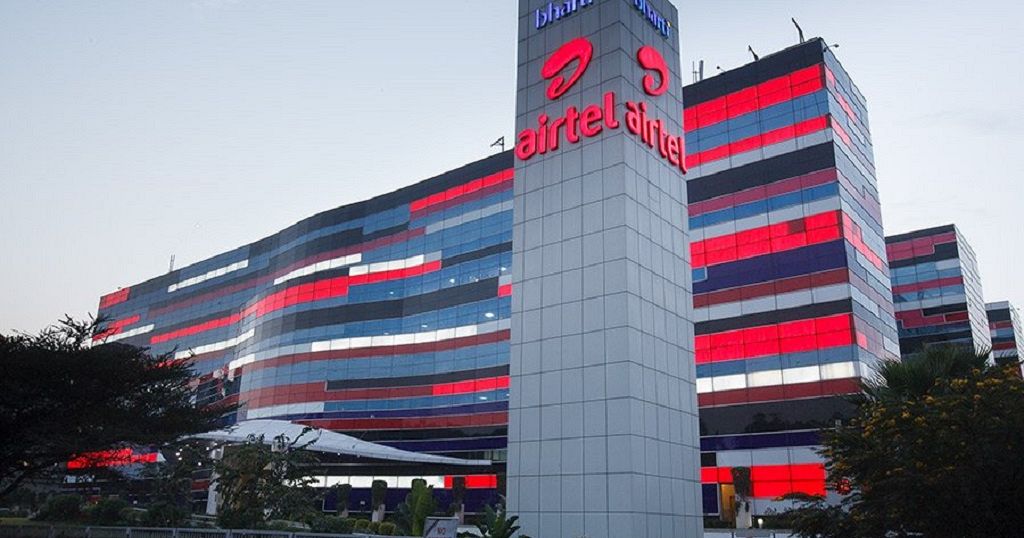Introduction
To start
with, what is Pension?
According to Cambridge English Dictionary,
Pension is ”an amount of money paid regularly by the government or a private
company to a person who does not work anymore because they are too old or have
become ill.”
According to
Oxford English Dictionary, Pension is “a regular payment made during a person’s
retirement from an investment fund to which that person or their employer has
contributed during their working life.” If you want to get the latest Nigeria
Pension News, always orientalnewsng.com
This post
will give insight of what Pension is all about, the major challenges facing the
stakeholders in the pension industry and the possible and reliable solution to
the challenges from a reasonable perspective.
Quick Review of Pension in Nigeria
Majority of
Nigerian workers are in the know of what Pension is all about, but some workers
are still ignorant about it.
There are
lots of Nigerian workers that are eager to know the essentials of a Pension
Scheme and how the funds can be withdrawn at retirement without stress.
Pension
scheme is a retirement account where employers and employees make monthly
contributions. In Nigeria, employers contributed 10% of the salary and the
employee contributes 8% which is a defined contribution plan.
Pension
Contributory Plan is majorly designed to make employees derive the advantage of
adequately being paid their pension as it is due upon retirement. This type of
fund is maintained by a Pension body. Visit Orientalnews Nigeria for the latest
PTAD
News
According to
National Pension Commission, every employee or contributor under the new
pension scheme is expected to open RSA in his or her name with a PFA of his or
her choice into which all his/her contributions and returns on investment are
paid.
Note:
RSA – Retirement Savings Account
PSA – Pension Savings Account
It is very
important to know that contributions should be maintained and administered by
Professional Fund Administrators and held in custody by licensed Pension Fund
Custodians.
